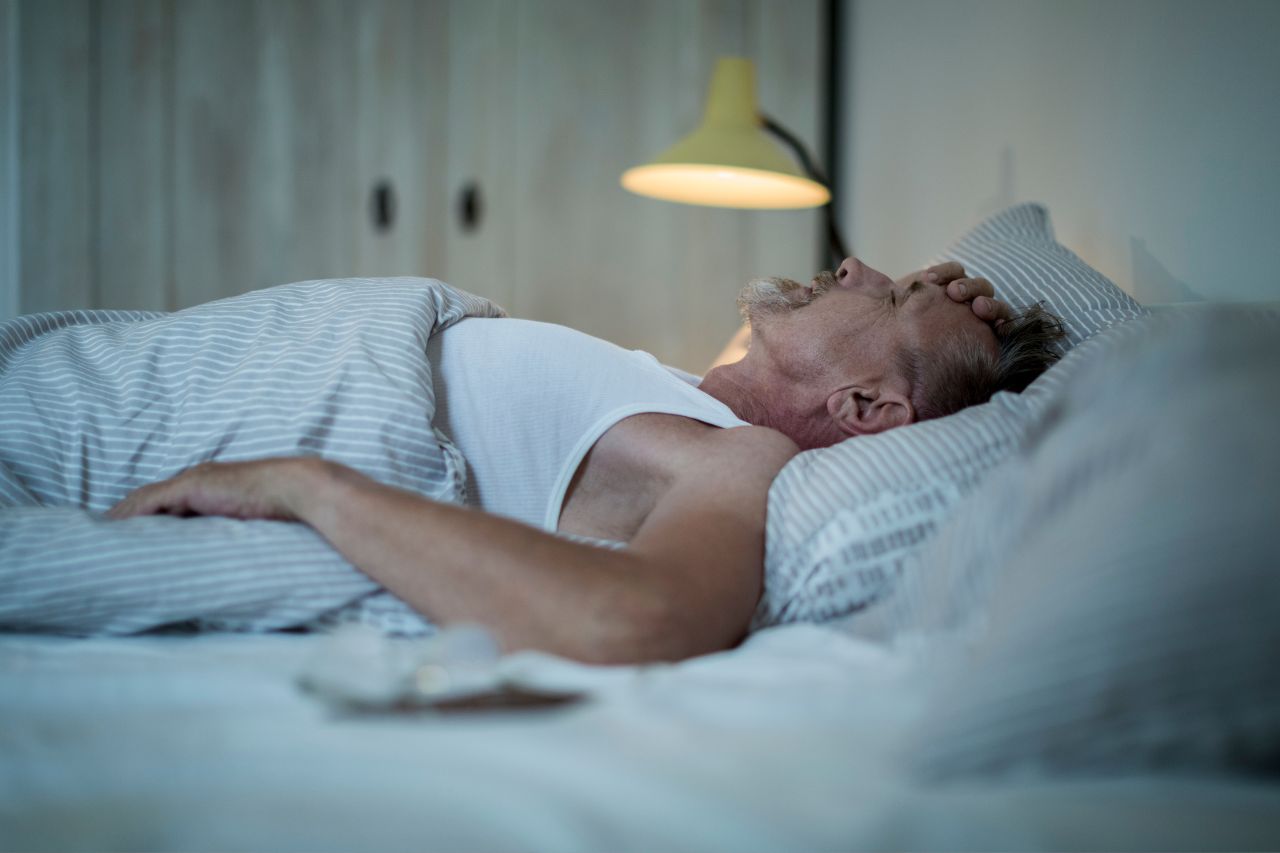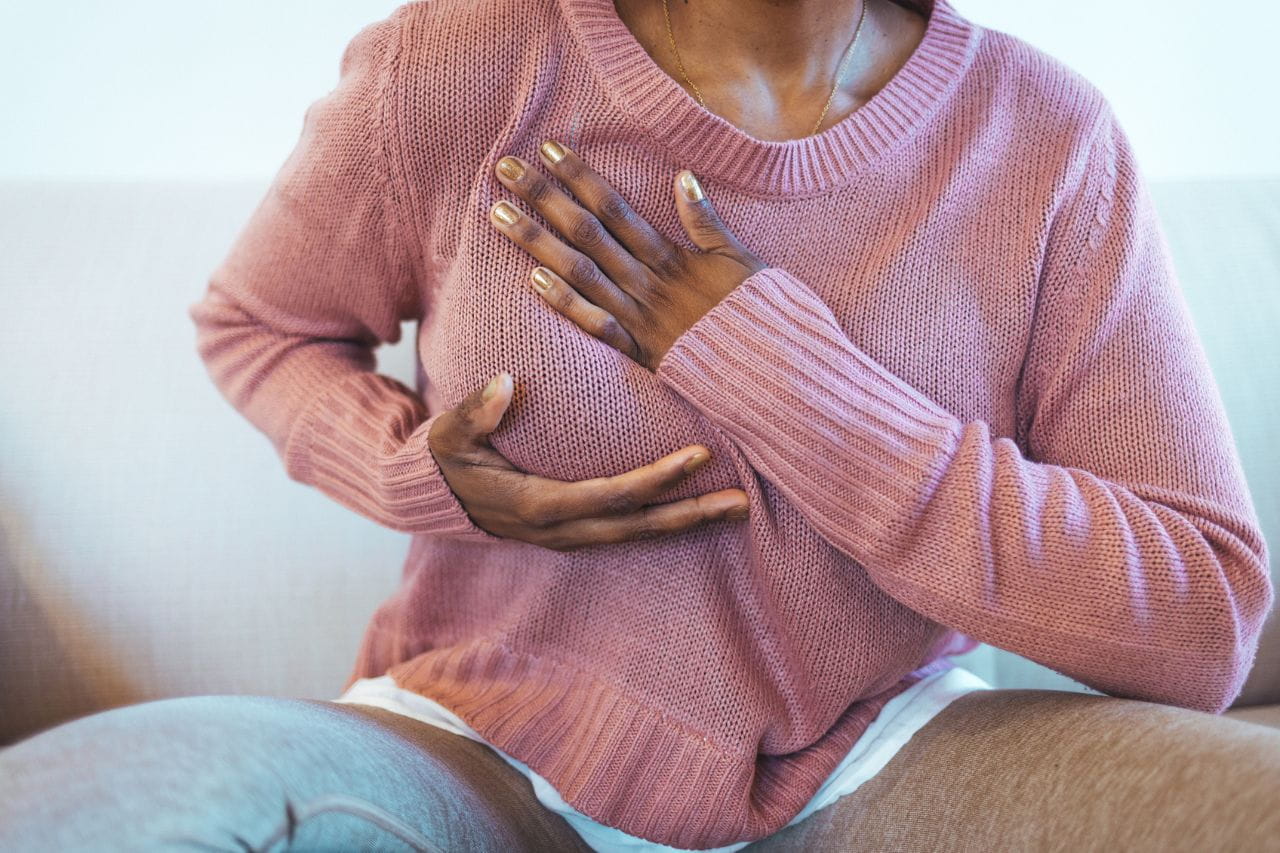Does Cancer Cause Night Sweats?

You wake to find your pajamas, body, and bedding drenched in sweat. Many people have experienced so-called night sweats for one reason or another and wondered about the cause.
Are night sweats a sign of cancer? There’s a link between night sweats and cancer, but it’s essential to understand that there can be other causes.
This article addresses night sweats, cancer, and other reasons for this unpleasant phenomenon.
What Are Night Sweats?
Sweating is the body’s way to cool itself. When sweat on the skin’s surface evaporates, it removes heat from the blood just below the skin. As a result, the total heat in your body decreases.
However, night sweats don’t occur because you’re too warm. If you’ve ever experienced this condition, you know from the volume of perspiration you produced that something else is happening. Cancer is one of the possible causes.
Why Does Cancer Cause Night Sweats?
The relationship between night sweats and cancer is unclear. However, researchers believe multiple factors may be involved. Your body’s fight against cancer is one of them. Another is changes in hormone levels caused by the cancer and your body’s response.
You may also experience night sweats with cancer if the condition causes a fever and your body works overtime to cool down. And cancer treatments, like chemotherapy, may cause you to sweat excessively overnight. That’s particularly true for some hormone therapies used for prostate, breast, and gynecologic cancers.
Which Cancers Cause Night Sweats?
Night sweats can be a symptom of several types of cancer, including:
And as indicated above, prostate, breast, and gynecologic cancer treatments can prompt excessive nighttime sweating.
Other Causes of Night Sweats
While cancers are known to cause night sweats, so are several other health conditions, including:
- Stress
- Anxiety
- Specific bacterial infections (endocarditis and tuberculosis, for example)
- Overactive thyroid
- Hormone changes during pregnancy
- Hormone changes during perimenopause and menopause
- Low blood sugar
- Idiopathic hyperhidrosis (excessive sweating without a known cause)
- Various activities may also increase the likelihood of experiencing night sweats, including:
- Keeping your bedroom too warm
- Eating spicy foods close to bedtime
- Drinking alcohol late in the day
- Exercising just before bedtime
- Drinking hot beverages in the evening
So, although night sweats are uncomfortable and can be concerning, they aren’t necessarily a sign of cancer. Still, you should talk with your doctor about them, particularly if they occur regularly.
When to See a Doctor for Night Sweats
If you experience night sweats occasionally, you probably don’t need to see your doctor. However, you should ask about the condition if any of the following apply to you:
- Being unsure about the cause of your night sweats is stressful.
- You frequently experience night sweats.
- Your night sweats are disrupting your sleep.
- You have night sweats in combination with unusual aches and pains, swelling, changes in bodily functions, etc.
It can help your doctor identify the cause of your night sweats if you make notes about your activities, diet, etc., on the days preceding each episode. It’s also crucial to tell your doctor about anything else unusual about your health.
Get Advice About Night Sweats from Baptist Health
If you experience frequent or concerning night sweats or experience them along with other symptoms, we can help. Your doctor can diagnose the condition and recommend treatment.
And if cancer is causing your night sweats, our cancer care specialists can devise a treatment plan to address it.



